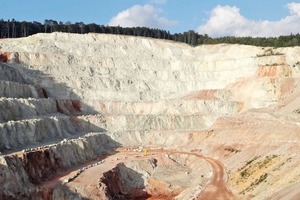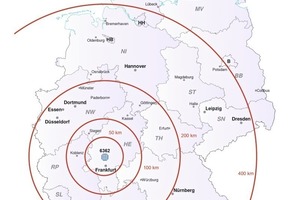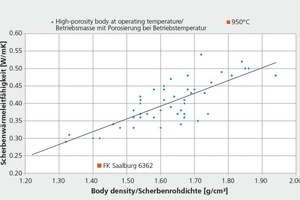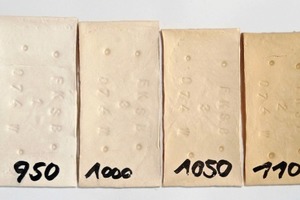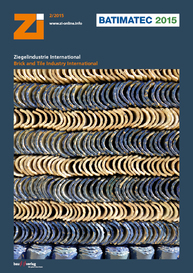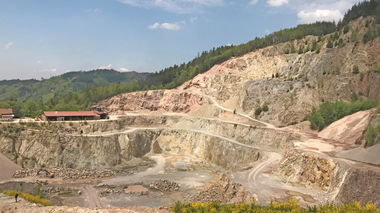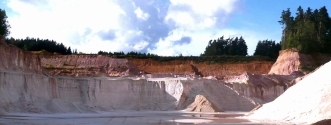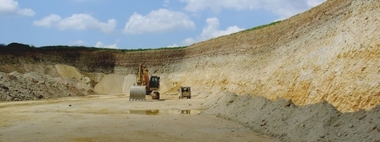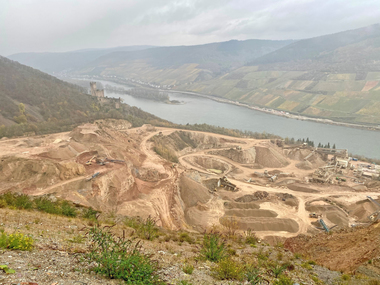Resource efficiency in the clay brick and tile industry
Part XI: Muscovite filter cake from quartzite washing
1 Geological background and site
At Saalburg Quarry near Friedrichsdorf/Hesse, Germany, Early Devonian Taunus quartzite is extracted and processed into high-grade chippings, light-coloured road construction materials and building material mixes. With the help of conventional processing technology, until recently large volumes of clay-containing stony soil were produced, most of which had to be landfilled. To increase raw material efficiency, the quartzite has undergone mineral washing since late 2014. With the effective separation of the fines, it has been possible to substantially increase the...

